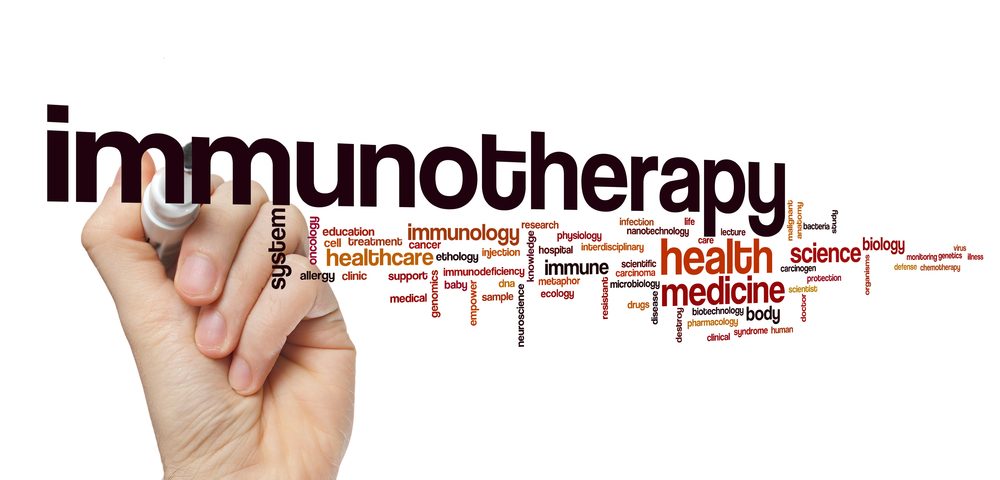All newly diagnosed ovarian cancer patients enrolled in the OVATION Phase 1b trial (NCT02480374) to date benefited from the addition of GEN-1 to standard of care, according to Celsion, the drug’s developer.
The new data, accepted for presentation at the American Association for Cancer Research (AACR) Addressing Critical Questions in Ovarian Cancer Research and Treatment Special Conference, Oct. 1-4 in Pittsburgh, shows that 100 percent of patients achieved at least stable disease and 86 percent saw a reduction in their tumors. Among those included in the highest dose level, all achieved a partial or complete response.
Celsion’s poster is titled “Immunological changes following intraperitoneal administration of a formulated IL-12 plasmid in combination with neoadjuvant chemotherapy in newly diagnosed advanced ovarian cancer patients,” and will be presented by Dr. Khursheed Anwer, Celsion’s executive vice president and chief scientific officer.
GEN-1 is a lipid vesicle containing the DNA of the pro-inflammatory protein interleukin-12 (IL-12), leading to its sustained production and release specifically in the tumor site. IL-12 has shown relevant anti-cancer immunity by activating immune cells that kill tumor cells. By delivering IL-12 directly into cancer cells, GEN-1 avoids the adverse effects of increased inflammation in other areas of the body.
GEN-1 has also generated promising early data as a monotherapy in patients with peritoneally metastasized ovarian cancer, and is being studied in combination with the anti-cancer therapy Adriamycin (doxorubicin) in patients with platinum-resistant ovarian cancer.
The dose-escalating OVATION study was designed to assess the safety and effectiveness of eight weekly treatment of GEN-1 (injected into the peritoneum) combined with chemotherapy in patients with newly-diagnosed advanced ovarian cancer who will undergo surgery after chemo.
The study includes four dose groups, designed to include three to six patients per group, to find the dose with the highest benefit and causing the fewest side effects.
In July 2017, Celsion announced the enrollment of the last patient in the trial and provided efficacy data from the first 14 patients who completed the therapy.
The results showed that, of the 14 treated patients, two achieved complete response, 10 had a partial response, and two maintained stable disease. The results correspond to a disease control rate of 100% and an objective response rate of 86%. The highest dose of therapy reduced tumor size in all five tested patients, with one complete response and four partial responses.
Celsion also reported that GEN-1 treatment correlated with successful surgical outcomes.
The tumor was successfully removed in 14 patients. In nine of these patients (64%), no gross or microscopic tumor remained after surgery. In the highest two dose groups, seven out of eight (87%) patients showed complete tumor resection. Importantly, the highest dose group led to complete surgical resection in all five patients.
In addition, all patients exhibited significantly decreased levels of cancer antigen (CA)-125 protein. This assessment is conducted to monitor certain cancers during and after treatment. In ovarian cancer, elevated CA-125 levels may also indicate tumor recurrence.
Of note, among the eight patients who received GEN-1 more than one year before the analysis and are still being followed, only two saw their cancer progress. This result is an improvement compared to data from similar patients who received only chemotherapy and surgery in earlier studies.
Now, the new poster presentation will summarize data from the OVATION study and provide additional understanding into GEN-1’s mode of action by showing changes in the tumor and immune cell population, as well the levels of cytokines (molecules, such as IL-12, released by immune cells) in the tumor’s microenvironment.
“We have completed enrollment of our OVATION study in newly diagnosed ovarian cancer patients, one goal of which is to determine GEN-1’s activity in combination with standard chemotherapy,” Michael H. Tardugno, Celsion’s chairman, president and CEO, said in a press release. “The remarkable surgical outcomes among all patients completing the prescribed eight weekly treatments reinforce our confidence in the promise of GEN-1’s ability to work safely and effectively in advanced ovarian cancer.”
The company will now discuss the results from the study in “an Advisory Board Meeting in late September 2017 with our clinical investigators and scientific experts from the Roswell Park Cancer Institute and M.D. Anderson Cancer Center,” Tardugno said.
The meeting is intended to “determine the next steps forward for this exciting new immunotherapy. With the endorsement and recommendations from the Advisory Board, we fully expect to file a next phase protocol with FDA later this year,” he added.

